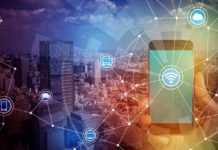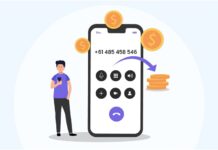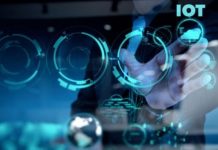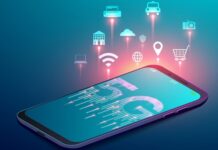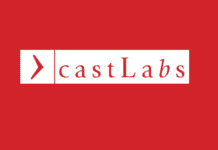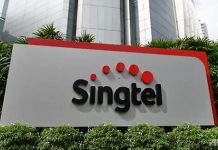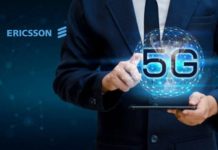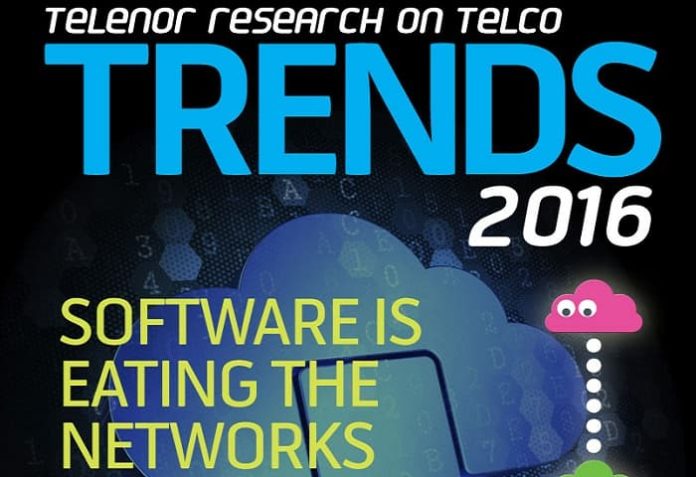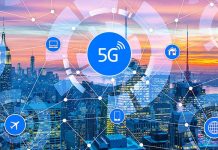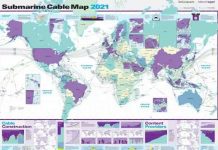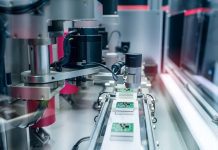From smarter machines and customers as co-creators, to data for social good and softwarization, Telenor Group’s Research arm today publishes the key global telco trends identified for 2016.
Consumers are experiencing digitalization in many parts of their daily lives, from buying bus tickets with the mobile phone to monitoring heart rate or getting GPS directions – and the smartphone is at the centre of it all.
The current digitization will transform all aspects of the telco industry and the way consumers increasingly use and rely on mobile technology.
Telenor Research has identified six important trending areas for 2016.
“The trends we have highlighted are not radically new, but we believe that 2016 is the year the adoption or the application of these will start to be felt. 2016 will be an exciting year for telecoms as we face evolving customer expectations, competition, regulation and accelerating technological change. Change that in our opinion brings more opportunities than it does challenges,” says Bjørn Taale Sandberg, Head of Telenor Research.
Customers will co-create services
Customers are increasingly digital savvy, demanding and empowered. This puts demands on companies to deliver superior digital customer experiences, and be more aligned with the customer’s changing behaviour than ever before.
Data for social good
Telecom big data will be used more in 2016 to tangibly help society – for the purpose of social good.
Softwarization
Networks as software rather than hardware will take off as technologies such as Network Function Virtualization (NFV) and Software Defined Networking (SDN) will enable new ways of designing and operating networks.
Deep learning
As they get more deeply integrated into digital services and devices, machines will understand more digital content. We will experience this through new services, better digital assistants, search results and suggestions, and more relevant ads.
More IoT services with LPWA
Future Internet of Things (IoT) devices need low cost and low power consuming networks. Low Power Wide Area networks enable a future smart society with many new and exciting IoT services and platforms.
Levelling out the playing field
In 2016 governments and regulatory authorities will have to deal with an intensifying debate on how to adjust the traditional legal frameworks to the new competitive digital environment and a growing sharing economy.






